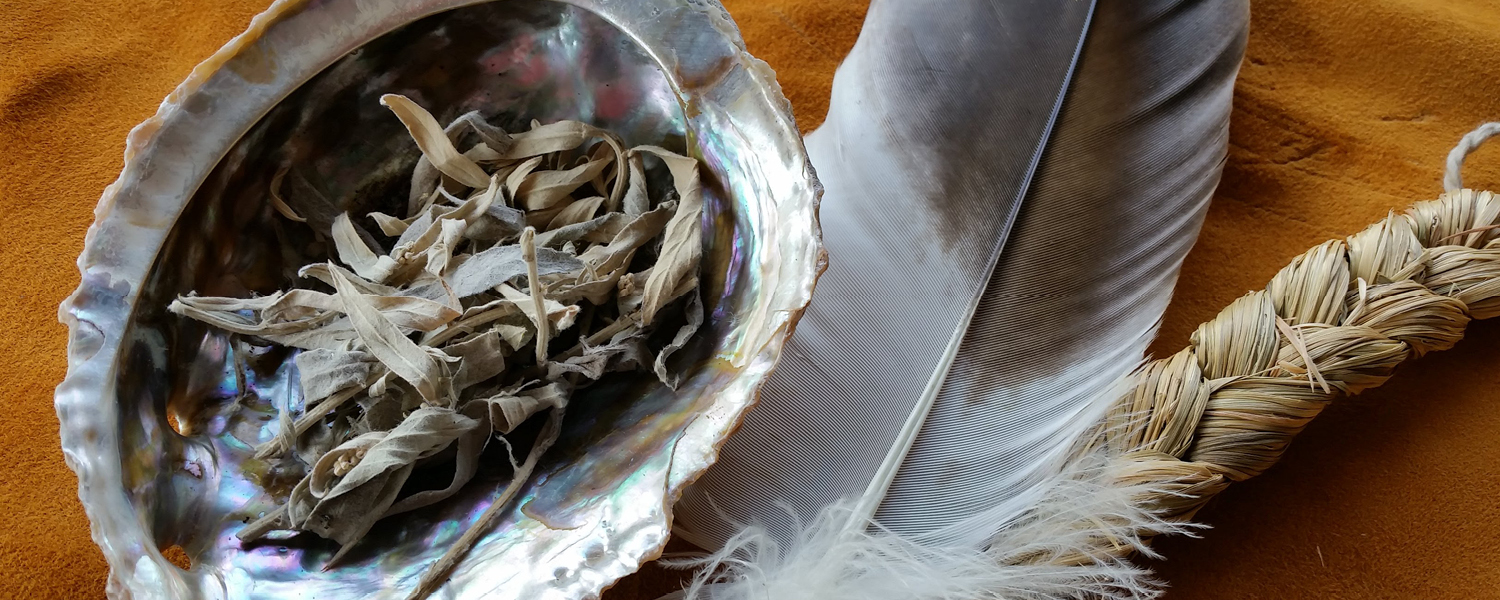Approach:
Ărramăt is grounded in the Indigenous Knowledge (IK) of Indigenous Peoples (IPs) who make their home in diverse regions around the world. Our work together, and engagement of IK, is guided by the principles of “Ethical Space”: a process and a place, wherein IK is elevated in a framework for research focused on the interrelationships between biodiversity and health-wellbeing of IPs [1,2]. This framework creates opportunities for strengthening research capacities and co-creating knowledge through respectful relationships. We are also motivated by the standards of the United Nations Declaration on the Rights of Indigenous Peoples (UNDRIP) and the growing scholarship in Indigenous research methodologies (IRM) which emphasize the importance of Indigenous self-determination [3–5].
Between 2021-2028 we will focus on:
- Strengthening capacity (Obj.1);
- Building evidence about the interconnections between biodiversity and Indigenous health-wellbeing through Indigenous-led place-based research (ILPBR) (Obj.2);
- Synthesizing-scaling research results along 10 pathways of transformation (Obj.3).
This work will be carried out by Place-Based Research Teams (PBRT), and Global Transformation Pathway Teams (GTPT) under the guidance of an Ărramăt Advisory Circle (AC) and the Co-Principal Investigators (Co-PIs) and will:
- Fill gaps in our global understanding of biodiversity and health-wellbeing with IK identified as important by many institutions (e.g., IPBES);
- Supporting institutional learning (i.e., changing beliefs about care for people and nature); and
- Catalyzing institutional innovation (e.g., new bridging organizations).
References:
[1] Indigenous Circle of Experts (ICE) We Rise Together: Achieving Pathway to Canada Target 1 through the Creation of Indigenous Protected and Conserved Areas in the Spirit and Practice of Reconciliation; Government of Canada: Ottawa, 2018.
[2] Kimmerer, R.W. Braiding Sweetgrass: Indigenous Wisdom, Scientific Knowledge and the Teachings of Plants; Milkweed Editions, 2013; ISBN 1-57131-871-2.
[3] Wilson, S. Research Is Ceremony: Indigenous Research Methods. 2008.
[4] Smith, L.T. Decolonizing Methodologies: Research and Indigenous Peoples; Zed Books Ltd., 2013; ISBN 1-84813-953-5.
[5] Reed, M.S.; Evely, A.C.; Cundill, G.; Fazey, I.; Glass, J.; Laing, A.; Newig, J.; Parrish, B.; Prell, C.; Raymond, C. What Is Social Learning? Ecology and Society 2010, 15.
[6] Department of Economic and Social Affairs; Indigenous Peoples Membership of United Nations Permanent Forum on Indigenous Issues 2020-2022; United Nations: New York, 2020.

